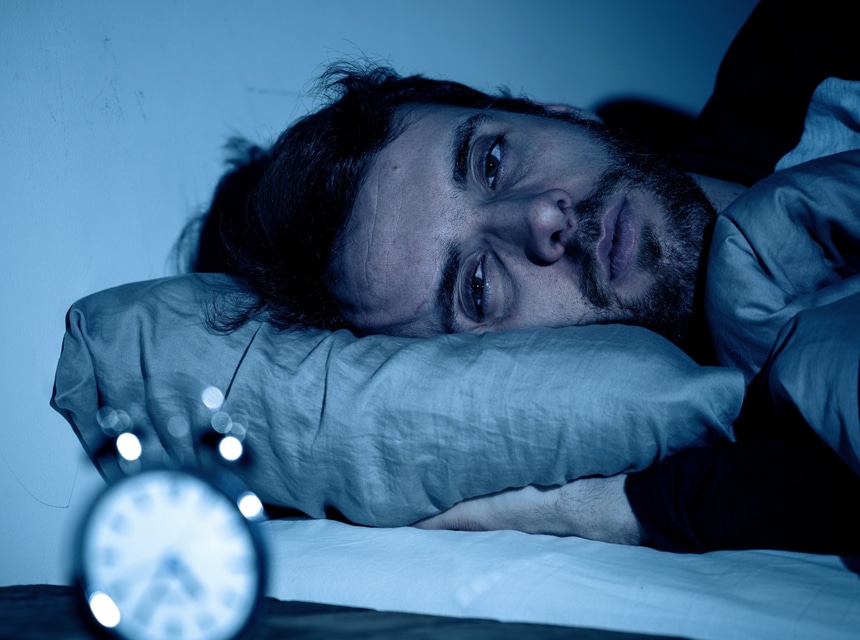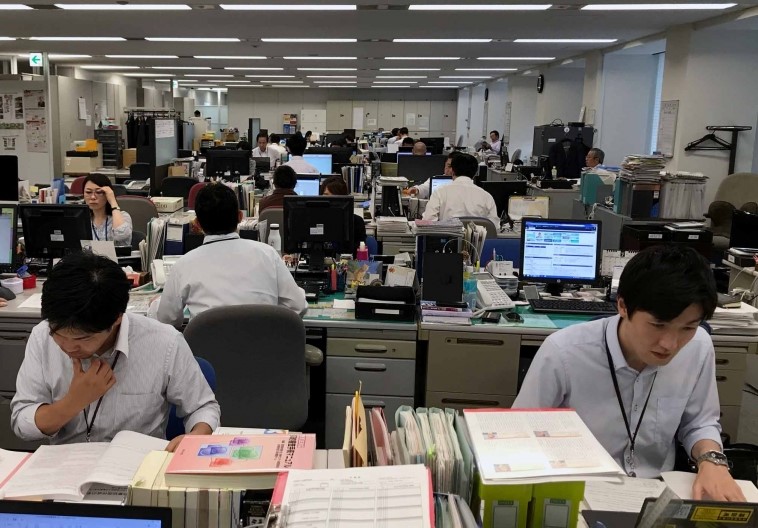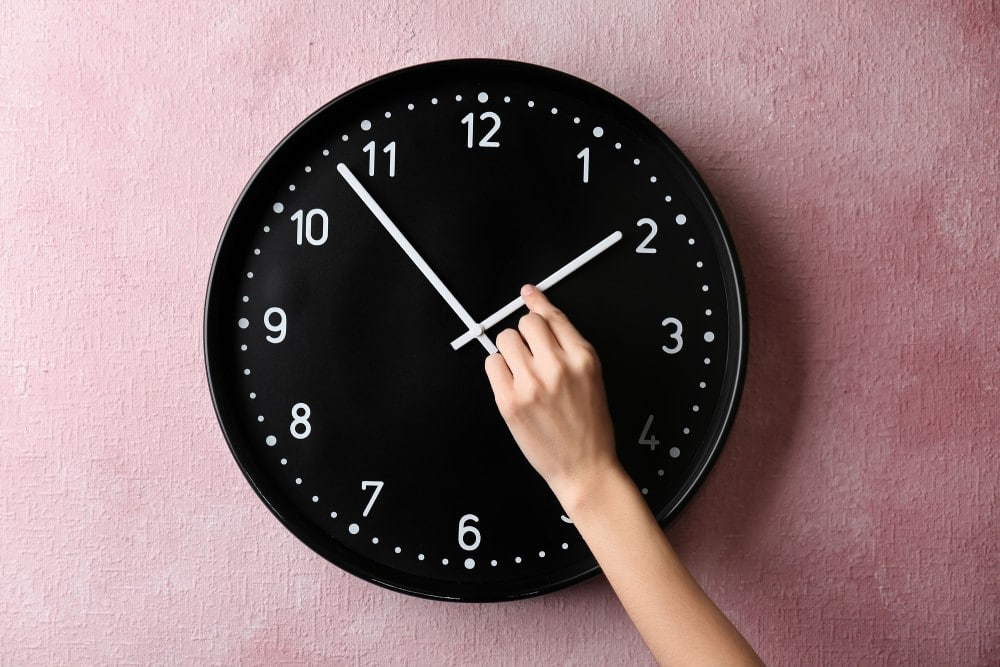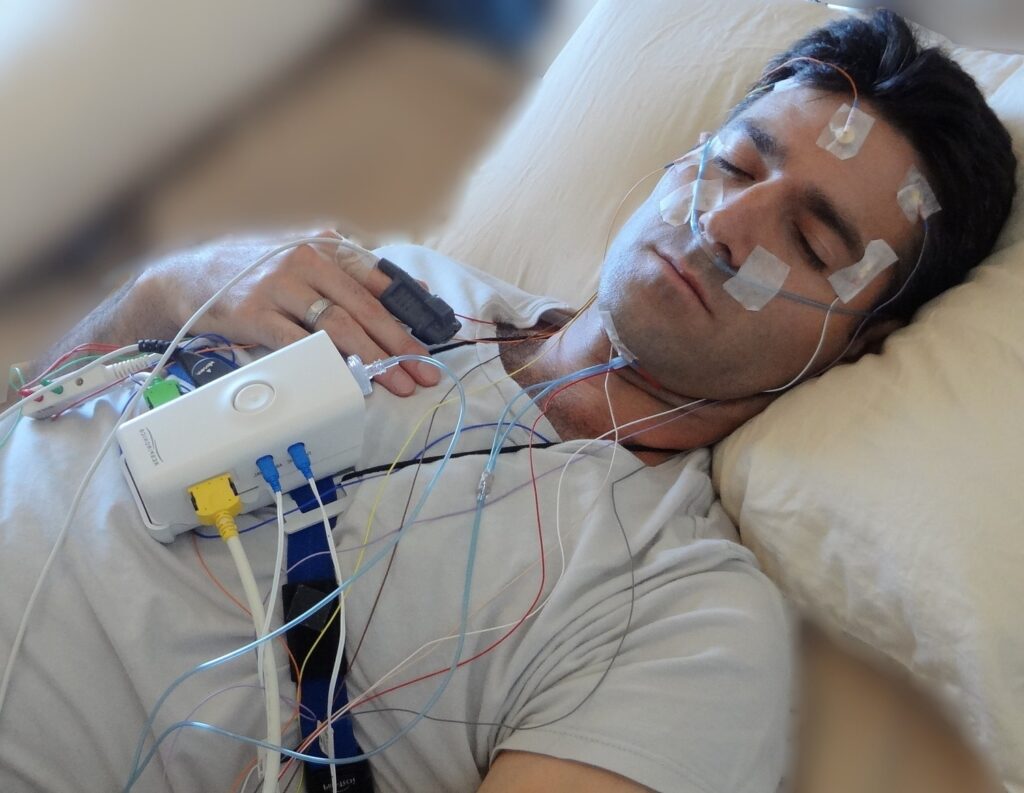

A new study has found that getting good sleep and boosting your sleep levels could leave you walking better.
We already know that sleep deprivation can cause issues with concentration, memory making, mood regulation, mental health, immune efficiency, digestive efficiency, respiratory conditions, and more. One area of sleep and how it affects the human body, though, was still largely unknown until now, and that is how sleep affects the way we walk. This study was investigated with interesting findings that could further your need to ensure you get great sleep.
The study was completed by MIT researchers at the University of São Paulo in Brazil. Its astonishing results showed that the way we walk, or rather our gait (the manner in which we walk), is affected by sleep deprivation.
The experiment was first conducted on student volunteers, and it showed that the fewer hours of sleep the students had, the less walking control they had on treadmill tests. All-nighters, which completely removed sleep from the equation, saw students have the most impact on their gait control during the treadmill test.
For students who had a rubbish sleep during the week but made up for it with lay-ins at the weekend, they saw better results than students who did not allow this sleep replenishment.
The results of the study, as shown above, were conclusive in showing that sleep deprivation and poor gait control are clearly connected.
Looking further into the results, the lead researcher Hermano Krebs and Author of the paper Arturo Forner-Cordero noticed that the connection between gait and sleeping is not something you would automatically assume.
However, once the study revealed that sleep deprivation did connect the two, the fact that the same study revealed ‘catching up on sleep’ played a key part in improving the issue provided a double win for the team. It helped to suggest that for people who struggle with chronic sleep deprivation through something like their work, catching up on sleep could ensure that gait control is not detrimentally affected by the lack of sleep overall.
Krebs has a background in gait control study, which is in a part where his interest in sleep deprivation and gait study stemmed from. His work on gait and walking mechanisms has helped to assist robotics development and treatment in relation to stroke patients and other patients with conditions limiting their movement. During this work, he has seen clues, such as gait change to match minor stimuli, suggest that walking is not always automatic and can be somewhat influenced by our consciousness. In addition, Forner-Cordero and Krebs noticed that student volunteers in their gait experiments would be more sleep-deprived during high-pressure times than the average student, of which 60% suffer poor sleep quality overall Trusted Source Sleep problems in university students – an intervention | NCBI Up to 60% of all college students suffer from poor sleep quality, and 7.7% meet all criteria of an insomnia disorder. Sleep problems have a great impact on the students’ daily life, for example, the grade point average. www.ncbi.nlm.nih.gov . During exam times, for example, students would do worse in their gait tests than other times when they are (for students) more well-rested.
Embracing this situation, they decided to make a study out of this combination of elements (sleep-deprived students and gait study). The participants would log their activity over two weeks, including sleep amounts, and the students slept for about six hours a day, with many catching up on sleep at the weekends.
On the 14th day, the students were set a treadmill test that captured the students walking along to the sound of a metronome on camera. They needed to match the metronome to their walking, and the more sleep-deprived they were, the more they failed at matching the metronome with their steps.
This proved that gait is not just something we do, but it is affected by sleep deprivation. Most surprisingly, catching up on sleep as the students did at the weekend can help mitigate the effect on gait caused by the initial sleep deprivation. As a result, the researchers recommend that everybody tries to get enough sleep ( 7-9 hours per night for healthy adults Trusted Source How Much Sleep Do I Need? - Sleep and Sleep Disorders | CDC Although the amount of sleep you get each day is important, other aspects of your sleep also contribute to your health and well-being. Good sleep quality is also essential. www.cdc.gov ), but if that is not possible, as a second option trying to catch up on sleep will help when it comes to gait control and being less clumsy.





